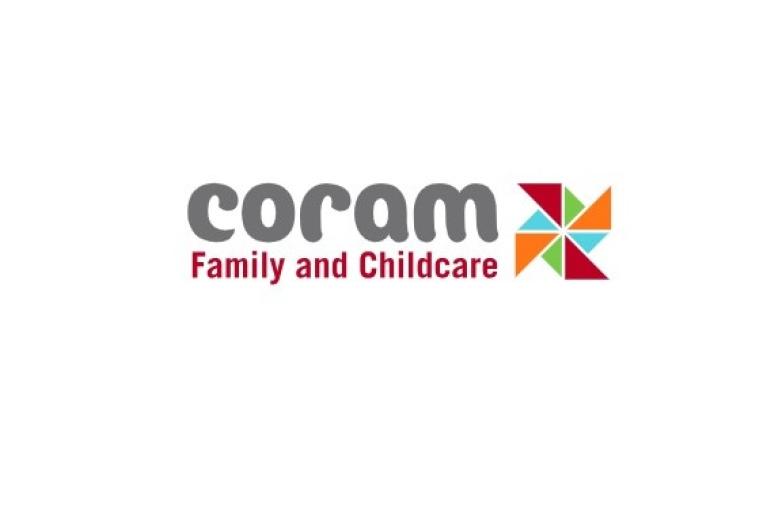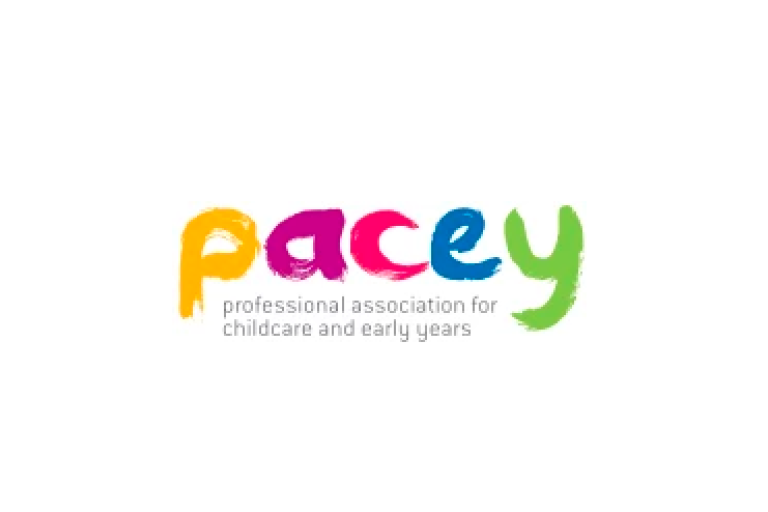A Childminder works in their own home (not in your home). They work on their own or with another childminder or child-minding assistant. They care for children of different ages. Some care for children from birth right through to primary school age or older if needed.
- they can care for siblings together, in the same space
- they tend to be more flexible. Some offer evening, weekend and overnight care
- there are usually only a small number of children in the setting
- often described as a 'home from home'
- they follow an early years curriculum, supporting you with your child's development



